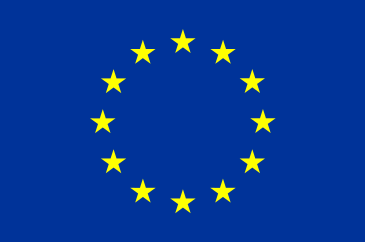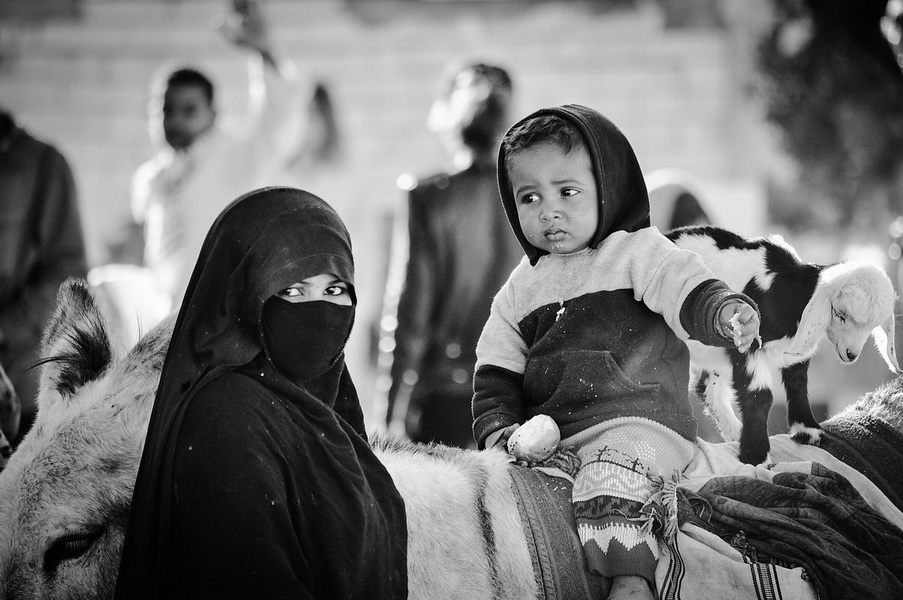


SZUKAJ NA STRONACH EUROPE DIRECT LUBLIN


20 czerwca przypada Światowy Dzień Uchodźcy. Zmuszonych do porzucenia swoich domów ze względu na konflikty zbrojne i katastrofy naturalne jest tylu ludzi, ilu łącznie zamieszkuje Czechy, Słowację, Węgry, Austrię i Rumunię. Dane są zastraszające - mówią wspólnie unijni komisarze: Kristalina Georgieva, Andris Piebalgs i Cecilia Malmström - ponad 51 milionów ludzi musiało uciekać ze swych domów, z czego prawie 17 milionów to uchodźcy, ponad 33 miliony ludzi musiało zmienić miejsce zamieszkania, ale pozostali w swoich krajach, zaś ponad milion osób stara się o azyl polityczny, argumentując to tym, że w ich krajach grozi im niebezpieczeństwo.
Poniżej publikujemy oświadczenie 3 komisarzy
The European Commissioner for International Cooperation, Humanitarian Aid and Crisis Response, Kristalina Georgieva, the European Commissioner for Development, Andris Piebalgs and the European Commissioner for Home Affairs Cecilia Malmström made the following statement:
"Every four seconds somewhere in the world a person is forced to flee her or his home due to conflict or natural disaster. On the 20th June each year we take the opportunity to highlight the plight of these people.
The latest numbers published today by the Office of the United Nations High Commissioner for Refugees (UNHCR) are dramatic. More than 51 million people have been forcibly displaced: 16.7 million of them are refugees, 33.3 million are internally displaced within their own countries and 1.2 million are seeking asylum. This is almost the same as the combined population of five EU Member States: the Czech Republic, Slovakia, Hungary, Austria and Romania.
What we cannot quantify is their suffering, the broken families, destroyed childhoods and livelihoods that come with fleeing a conflict or a disaster. Half of the refugee population are children.
The world is facing several critical crises resulting in an increasing number of refugees and displaced people around the world. First among them is Syria which has, in the last three years, forced nearly ten million people to become refugees in neighbouring countries or to flee and seek shelter within the country.
Syria – so recently a middle-income nation - now rivals Afghanistan as the world's largest refugee-producing country. In South Sudan, 1.3 million people have been displaced or have sought refuge outside of the country by the ongoing conflict. The Central African Republic, the Democratic Republic of Congo and Mali are other examples of countries where every day people are forced to leave their homes and are uncertain about their future.
The EU makes serious efforts to help the many millions of people affected. The EU's humanitarian aid is helping refugees and IDPs in 33 countries. The EU's development assistance is to support refugees in their host countries in order to make them self-reliant. For instance, we are supporting projects to increase access to education in the refugee camps of Dadaab (Kenya). Only this way will they be truly protected, while mitigating the impact that their presence may have on local communities. Regional Protection Programmes help to provide shelter to those in need of international protection, often in close cooperation with the UNHCR.
New rules of dealing with asylum inside the EU were agreed last year. The Common European Asylum System is an historic achievement that provides new rules setting out common high standards and stronger cooperation to ensure that asylum seekers are treated equally in an open and fair system — no matter where they apply. We now must ensure that this common system will be implemented and function correctly. This is all the more important at a time when asylum applicants in EU Member States have increased significantly - to 435,000 in 2013, which is 100,000 more than the year before.
The EU is also responding to the many people who risk their lives to reach the EU Mediterranean shores and escape persecution or civil wars. Coordinated action at the EU level can ensure that those in need of protection arrive safely to the EU. Opening legal ways for people seeking protection to come to the EU, especially the most vulnerable, should be a priority, in particular by an increased commitment to resettlement and the use of humanitarian visas.
On this day let's remind ourselves of the European values, especially the solidarity we must show to the less fortunate. Millions of people around the world can continue to count on our help to survive and live with dignity".
FOTO: AGATA PAWŁOWSKA
